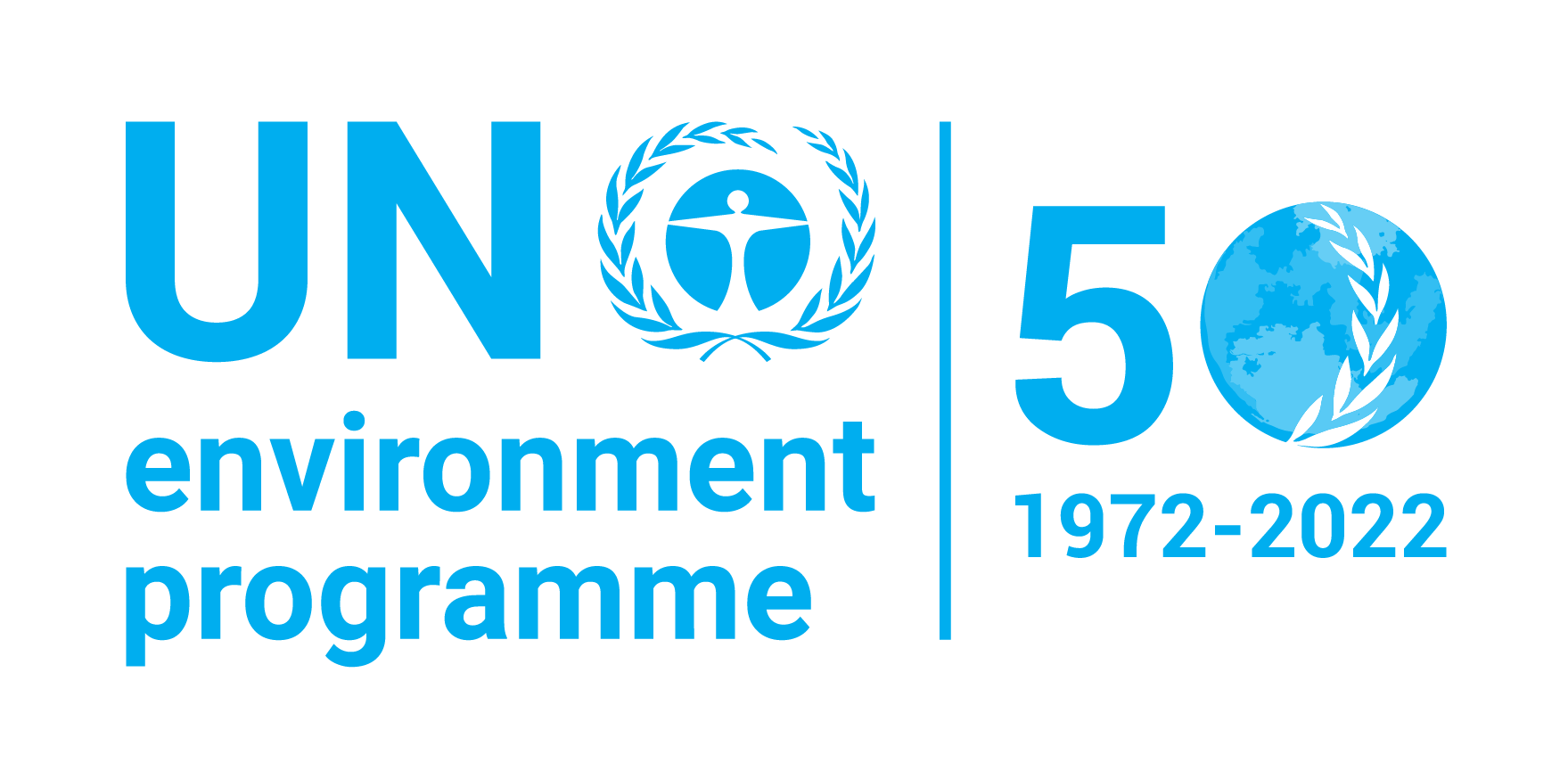| dc.contributor | Economy Division | en_US |
| dc.contributor.author | United Nations Environment Programme | en_US |
| dc.coverage.spatial | Global | en_US |
| dc.date.accessioned | 2019-11-08T17:23:00Z | |
| dc.date.available | 2019-11-08T17:23:00Z | |
| dc.date.issued | 2018 | |
| dc.identifier.uri | http://hdl.handle.net/20.500.11822/30697 | |
| dc.description | Trade is a vital part of the global economy and interlinks with the environment at many levels. Trade liberalization impacts the environment, in negative or positive ways. The challenge is to augment positive environmental effects, while mitigating and minimizing negative impacts. If designed properly, trade policy instruments can contribute to the efforts of addressing and alleviating environmental problems. UNEP, as the UN organization with a mandate principally focused on environmental issues, cannot neglect the important links between the environment and trade. Addressing this nexus, UNEP remains vigilant of the additional stress that growing volumes of international trade have put on the environment, for example in terms of natural resource extraction and greenhouse gas (GHG) emissions. UNEP works to ensure that trade serves as a vehicle for achieving sustainable development and facilitates, rather than undermines, the Green Economy transition. | en_US |
| dc.format | Text | en_US |
| dc.language | English | en_US |
| dc.rights | Public | en_US |
| dc.subject | TRADE AGREEMENTS | en_US |
| dc.subject | ENVIRONMENTAL PROTECTION | en_US |
| dc.subject | SUSTAINABLE DEVELOPMENT | en_US |
| dc.subject | GOVERNANCE | en_US |
| dc.subject | INVESTMENTS | en_US |
| dc.title | Environment and Trade Hub: Frequently Asked Questions | en_US |
| dc.type | Booklets and Brochures | en_US |
| wd.identifier.sdg | SDG 9 - Industry, Innovation and Infrastructure | en_US |
| wd.tags | Trade | en_US |
| wd.topics | Sustainable Development Goals | en_US |
| wd.identifier.pagesnumber | 5 p. | en_US |


